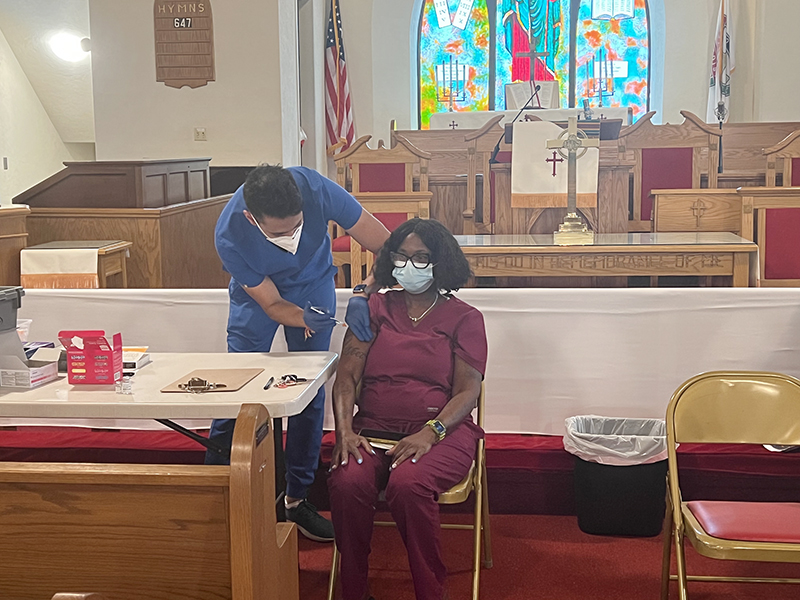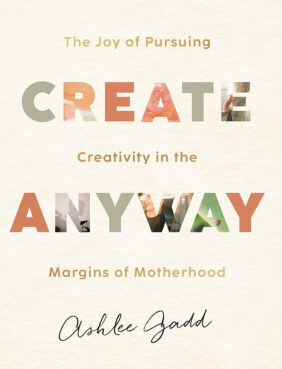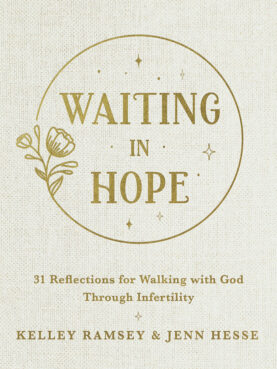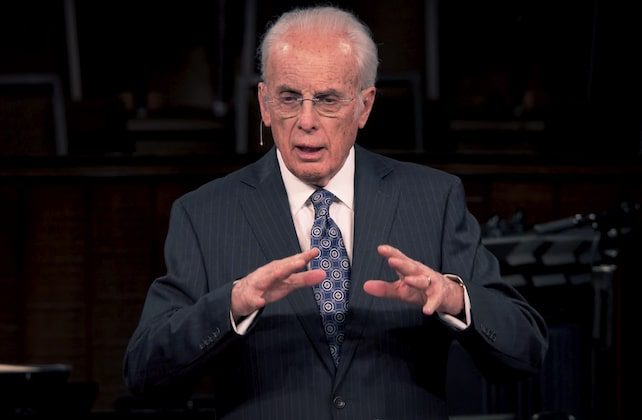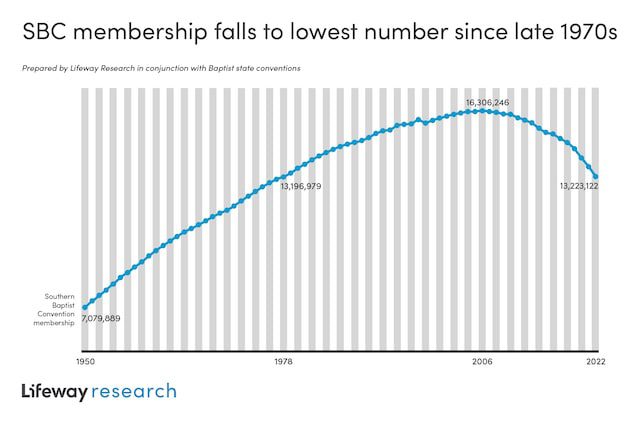Teaching a passage of Scripture to those who have studied it is far more demanding than teaching one to those who have not. My hope is that by giving Bible study participants homework, it will challenge their thinking enough that by the time they hear me teach, they won’t just take my word for it. Knowing that they will think critically about my teaching holds me accountable to avoid seven common teaching pitfalls.
1. Hopping Around
Have you ever settled in to hear a teaching on a key text, only to have the teacher read through the passage briefly before spending forty minutes ricocheting around the entire Bible? A student who has spent a week parsing a chapter of Ephesians will not be satisfied if the teacher uses the key text merely as a launch pad. She will want to linger there, as she should. She will have discovered that the text at hand is worthy of forty undistracted minutes of the group’s time, that those forty minutes will probably not be enough time to resolve her questions on that text alone.
Good teaching will necessarily involve the use of cross-references, but not at the expense of the primary text. We teachers are prone to wander, particularly when our primary text is a difficult one. The teacher who strives to build Bible literacy needs to stay put. Her primary goal is not to show how the key text relates to a thousand other passages, but to teach the key text so thoroughly that it will come to mind automatically when a student encounters similar themes elsewhere in her study.
2. Feminizing the Text
Women who teach women the Bible are constantly faced with the temptation to take a passage and overlay it with a meaning unique to womanhood. Any time we take a passage that is aimed at teaching people and teach it as though it is aimed specifically at women, we run the risk of feminizing a text.
This is not to say that we can’t look for gender-specific application points from a text that speaks to both genders. Rather, we have to guard against offering interpretation and application that rob the text of its original intent by focusing too exclusively on a gender-specific framework. The book of Ruth is not a book about women for women, any more than the book of Jude is a book about men for men. The Bible is a book about God, written for people. By all means, teach Psalm 139 as it relates to women and body image, but resist the urge to teach it exclusively so. It is not the job of the female teacher to make the Bible relevant or palatable to women. It is her job to teach the text responsibly. A female teacher will sometimes bring a different perspective to the text than a male teacher because of her gender, but not always. A student who has spent time in the text before hearing teaching on it will know when the text is being feminized.
3.Wild Extrapolation
In the interest of “bringing the text to life,” teachers sometimes succumb to the temptation of adding a little paint around the edges of the canvas of Scripture. I admit that it is interesting to speculate about the unrecorded thoughts and motives of Mary, the mother of Jesus. It is perhaps even beneficial to a point. But at some point it moves from being helpful to being distracting, and potentially to being extra biblical.
If you have ever watched a movie adaptation of a familiar Bible story, you will understand this point—the more literate you are about what the Bible actually says about the exodus, the less you will be able to enjoy Cecil B. DeMille’s extrapolation of it. Imagining beyond the text holds great appeal for an audience, but limited appeal for a student. Familiarity with a text prior to hearing it taught moves the participant from audience member to student. A student who has spent a week immersed in the text you are teaching will know when you go “off script.”
4. Overdependence on Storytelling or Humor
In order to be relatable and engaging, teachers employ storytelling and humor as rhetorical devices. This is not wrong. Humor and storytelling humanize the teacher, help keep listeners engaged, and make teaching points memorable. It is not okay for a teacher to be unrelatable, boring, or forgettable. But it’s also not okay for a teacher to become over-reliant on humor and storytelling, or to use them in a way that manipulates or distracts from the lesson. If they don’t reinforce the teaching, they will compromise it.
If someone were to break down your teaching into a pie chart, how much of the pie would be taken up with these two elements? If you asked your students to tell you one thing they remembered from your lesson, would they recall a key point or a funny story? Audiences love humor and stories, whether they support the message or not. Students love sound content made more memorable by a well-placed illustration or quip. A well-prepared student will know whether her teacher uses these rhetorical devices as filler or as reinforcement.
5. Pandering to Emotion
When I read Scripture aloud from the platform, I frequently cry. I’m not sure why, other than that I find the truths in the text deeply moving. It used to frustrate me, but the Lord is showing me that teaching the Bible should involve the emotions. That is, teaching the Bible should awaken in both the teacher and the student a deeper love for God, one that profoundly affects our emotions. Loving God with our minds should result in loving God with our hearts deeply and purely.
We run into trouble when we intentionally target people’s emotions for the sake of creating a shared experience. It is tempting to craft a lesson that begins with a joke and ends with a tear-jerking story. Why? Because it’s a rhetorical formula that works. Sometimes listeners confuse being inspired by the Holy Spirit with being manipulated by a well-crafted human message.
Loving God with our minds should result in loving God with our hearts deeply and purely.
How can we tell the difference? It isn’t always easy, but here is one thought: The emotional manipulator will increase your love for her as much as or more than she increases your love for God. A teacher’s job is to draw attention to the beauty of the text, not create a shared experience that is moving. Her job is to extol the God of the Bible, not build a cult of personality. A well-prepared student is less susceptible to emotional manipulation.
6. Overpacking the Teaching
One of the biggest challenges of crafting a lesson is knowing what content to include and what to leave out. It takes time to develop a feel for how much content you can reasonably address during your teaching time. Initially, most teachers make the mistake of over-preparing. This can lead to getting bogged down in a sea of notes or keeping your students far longer than you intended. Most people don’t enjoy drinking from a fire hose, so while it’s okay to have more notes than you can teach through, it’s important to have a contingency plan of what you will cut if time runs short.
Here, again, the teacher whose students have already spent time in the key text has an advantage. The work of comprehension they have already invested frees you up to explore interpretation and application without having to lay extensive groundwork. You are extending and reinforcing their understanding, rather than starting from scratch. A well-prepared student will not require an overpacked teaching time.
7. Playing the Expert
Nobody likes to feel stupid, least of all, the teacher. Because of this, teachers are sometimes reluctant to admit the limits to their knowledge. Be honest about your limitations: it’s okay for the teacher to say, “I don’t know.” In fact, it can be reassuring to your students. Practice full disclosure when more than one interpretation is widely accepted for a passage. Give an honest answer that acknowledges differing views. This gives your students an opportunity to think through which view fits best with their own reading of the text. A well-prepared student knows that a difficult passage requires care. She will know if you have given a simple answer to a complex issue. Far better to be honest about your confidence (or lack of) in a particular interpretation.
The best part of teaching women a text they have previously studied is that it holds the teacher accountable not to “wing it.” The prepared student can spot shallow preparation on the part of the teacher. Asking more from my students up front means my students can and should ask more of me during the teaching.
Content adapted from Women of the Word by Jen Wilkin. This article first appeared at Crossway.org; used with permission.













